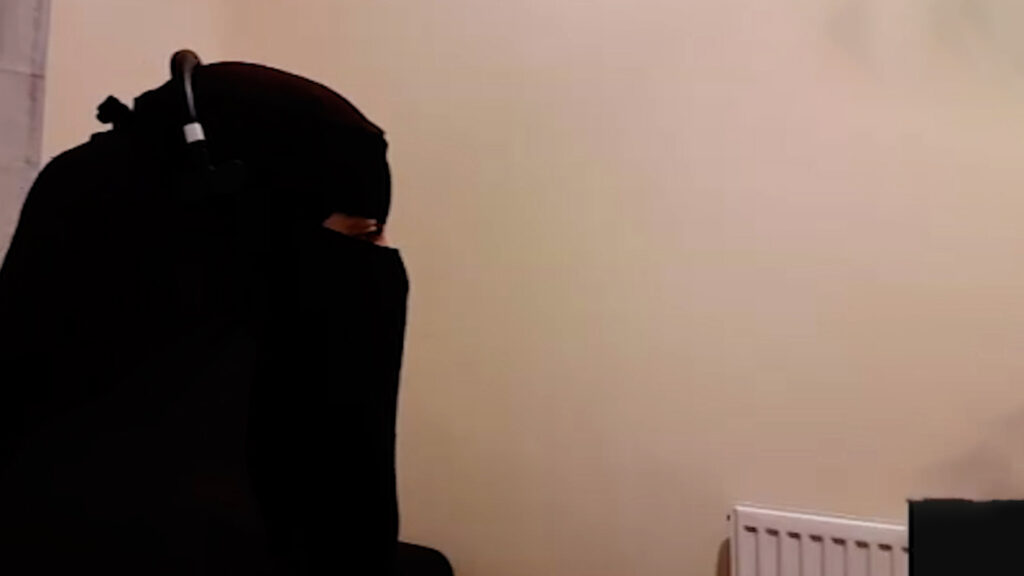Safa’s father was arrested when she was just four. She hasn’t seen him in over a decade. He was detained in the UK before being deported, and is now held indefinitely abroad. With concerns that the prison authorities are neglecting his medical needs, she fears she may never get to see him again.
PART 1
Surviving the Raid
I was only four years-old when my father was arrested, so my memory of the event isn’t very clear. It was very early in the morning. I remember my mother waking us up and telling us we needed to get dressed. I remember thinking, why is she waking us up so early? Why is she panicking?

My siblings and I were taken to another room in our house. We had to sit there, and there were so many strange people around us; so many police officers. I remember seeing my mother tearing up and then crying and crying… I saw my father standing with a lot of people around him. My father was a big man, Allahumma barik, he’s quite tall. It was overwhelming to see him handcuffed, with a policeman on either side of him.
After that, they took us to a hotel, where we stayed the whole day, while they searched the house. When we were allowed to return, our home was in a state. We were overwhelmed and really didn’t know what was going on. There was a lot of work for us to do, and they’d taken a lot of things too: sentimental items, pictures with nice memories with the whole family, and my father. They never returned them. To this day, they haven’t returned a single item.
My father was very involved, both at home and in our community. He used to organise Qur’an competitions and activities for kids at our local mosque. At home, he’d regularly take over from my mum, to give her some time to rest. He’d always have something engaging for us to do, to keep us busy and behaving. You see, we’re quite a big family, ma sha’ Allah. I am the youngest, the ninth of my eight siblings. So you can imagine how it was, growing up in our house. And you can probably imagine how helpful it was for my mum, that my parents took turns in managing us and dealing with the various aspects of domestic life.
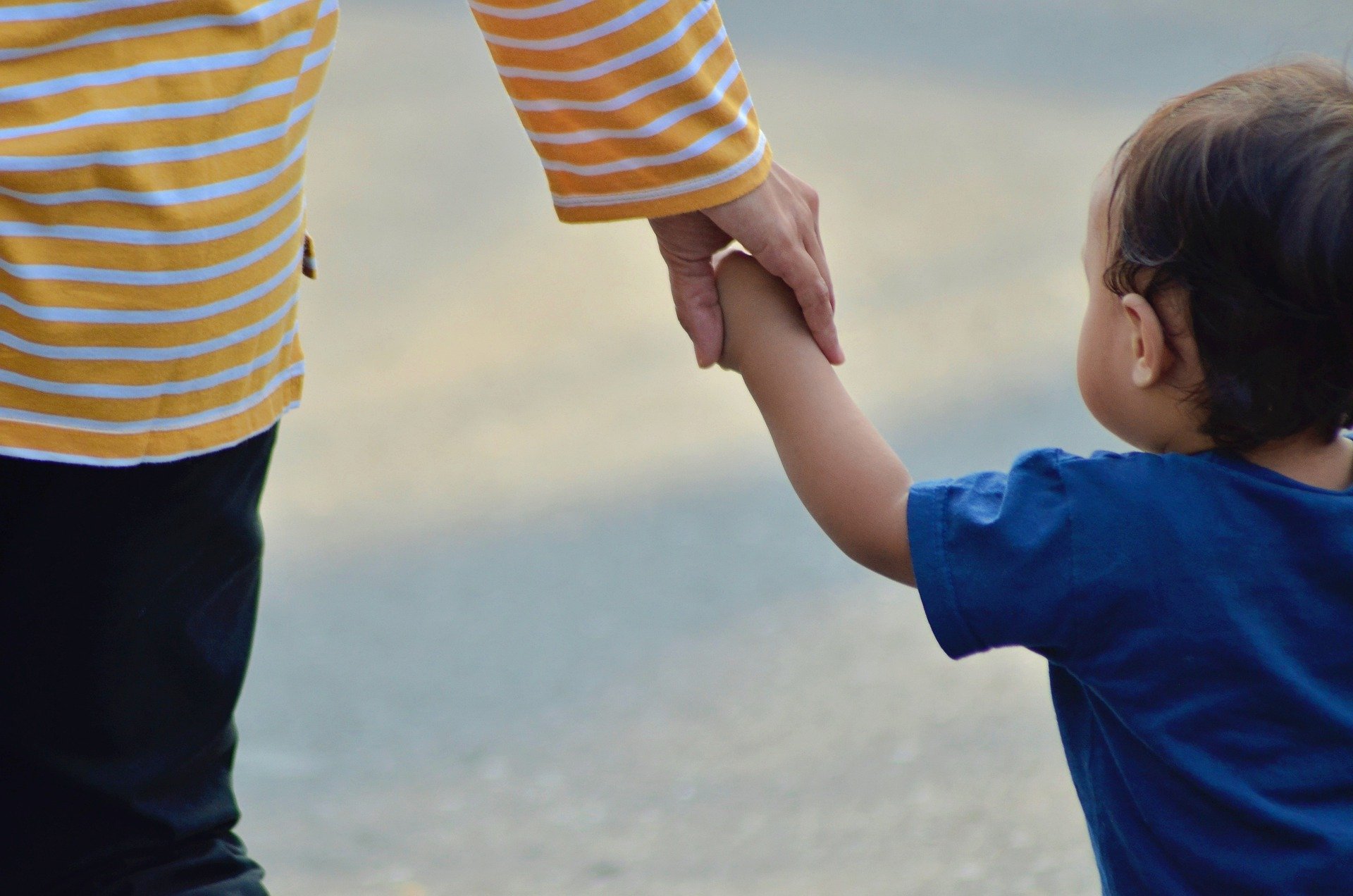
But after the raid, everything changed. Remembering how my mother was at that time is painful.
I can’t think what it must have been like for her, having the man of the house taken away, and you’re left asking: how am I going to provide for these kids? What am I going to do? Who is going to help me?
Before, a lot of people would visit us. But afterwards, our neighbours, people we were close to, cut us off. Everyone just took a step back, and made it very clear that they didn’t want to be associated with us. It was very hard, to be honest.
Coping in the Aftermath
Our home became like a bus stop. Whenever something happened, the police would come. They would say they needed to search the place again, and they’d do this without a warrant or anything. My mother wasn’t born in this country, she wasn’t aware of her rights, and neither were we. It used be very intimidating.
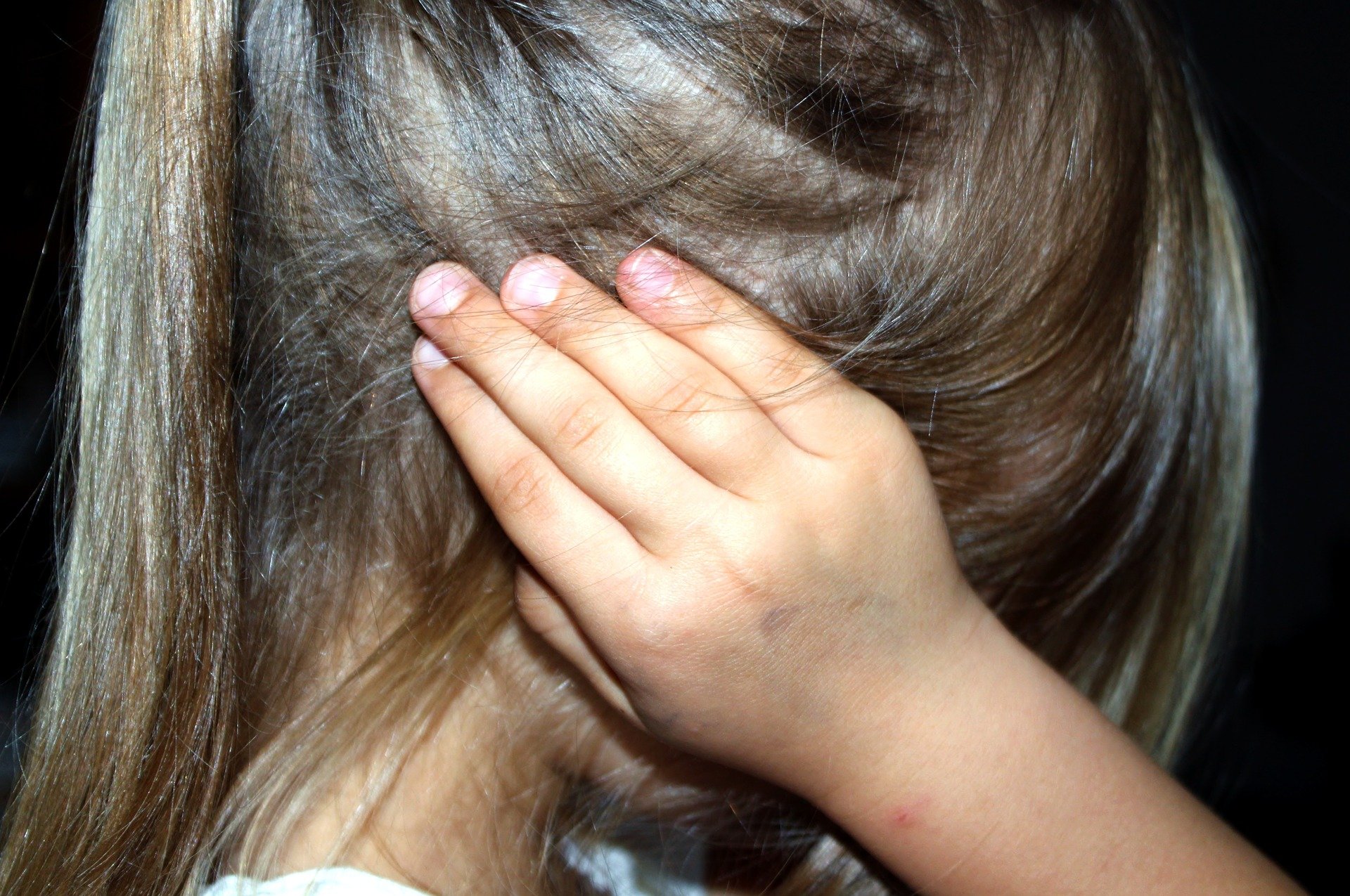
On top of this, we were harassed by people in the neighbourhood. They used to throw eggs at our windows, throw things through our letterbox, and threaten us, telling us to leave. There was an incident where one of my brothers was in the living room and someone threw something from outside. It smashed the glass and almost hit him.
The media harassed us a lot too. It was very intimidating knowing that there are people sitting in a car waiting outside your house for someone to leave or enter, just so that they could come running up to you with a camera. They would come up to the door and keep asking us questions. Sometimes we’d have to stay at home for several days, because of them. They caused a real disturbance, and our neighbours would blame us for it, which wasn’t fair.
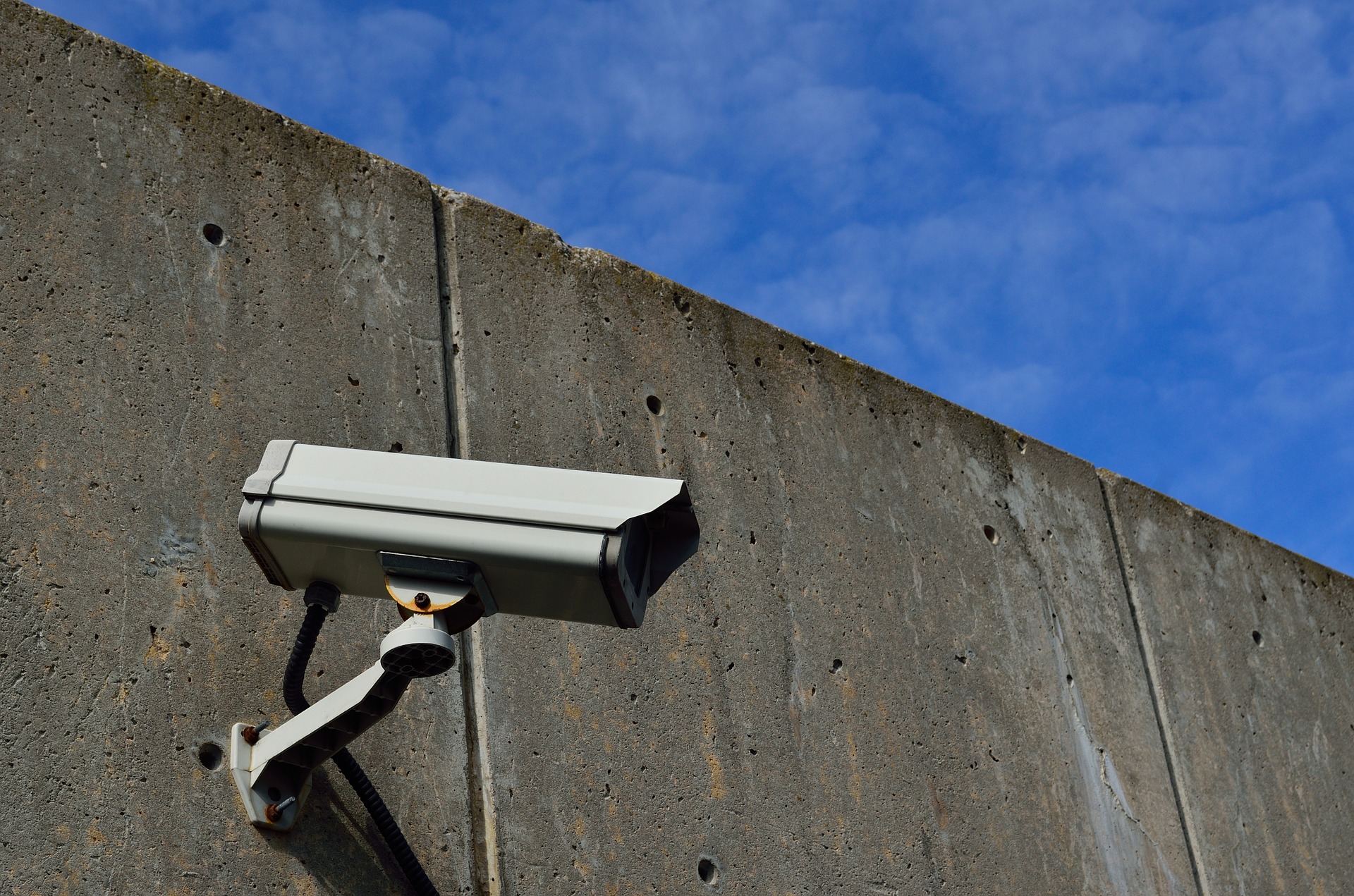
Visiting my father in prison was never easy. I remember the prison searches were always scary. They would do a full body search and then bring out the dogs. I’ve always had a fear of dogs, that’s where it pretty much started. The visits lasted around an hour or two. It was a mixed bag of so many overwhelming emotions. When we were shown into the room where my father was, there were two tables. At one, there was someone sitting, listening to what we were saying. At the other, we had to sit across from my father. So there was always a table between us. I don’t think I’ve ever sat next to my dad since he was taken away.
My biggest worry was how my dad was going to look after himself. For a disabled person, it’s very hard if you don’t have family there to support you. So as a disabled person in prison, I can only imagine how difficult it must be: he is isolated and he is unable to do these everyday tasks that his family would normally help him with, and in prison no one seems to really care. It is very upsetting to know that your own father is going through that.
Despite the difficulties he was facing, my dad was always trying to make us feel like this was something that was going to be over. He would call us every morning so that we wouldn’t feel like we didn’t have a father. Every single day, he would call us. It was what gave my mother that boost, alhamdulillah, the chats she used to have with him. That’s how she managed to stay strong. That, and holding tightly to her faith.
A Lifeline
It was very difficult for my mother emotionally and financially. By then, our older siblings had graduated, but there were still five kids she had to put through school. She started looking for ways to work; anything that could help increase our household income. The benefits we received from the government was only enough to pay the rent and the bills. Our education was a big burden on my mum.
It was a couple of years after the raid that we found out about HHUGS. It was a sister that approached my mother and told her about what they do. Once we got in touch, that was it, straight away they were, like, ‘tell us what you need and we will support you.’ And they did, Alhamdulillah. They have been there since.
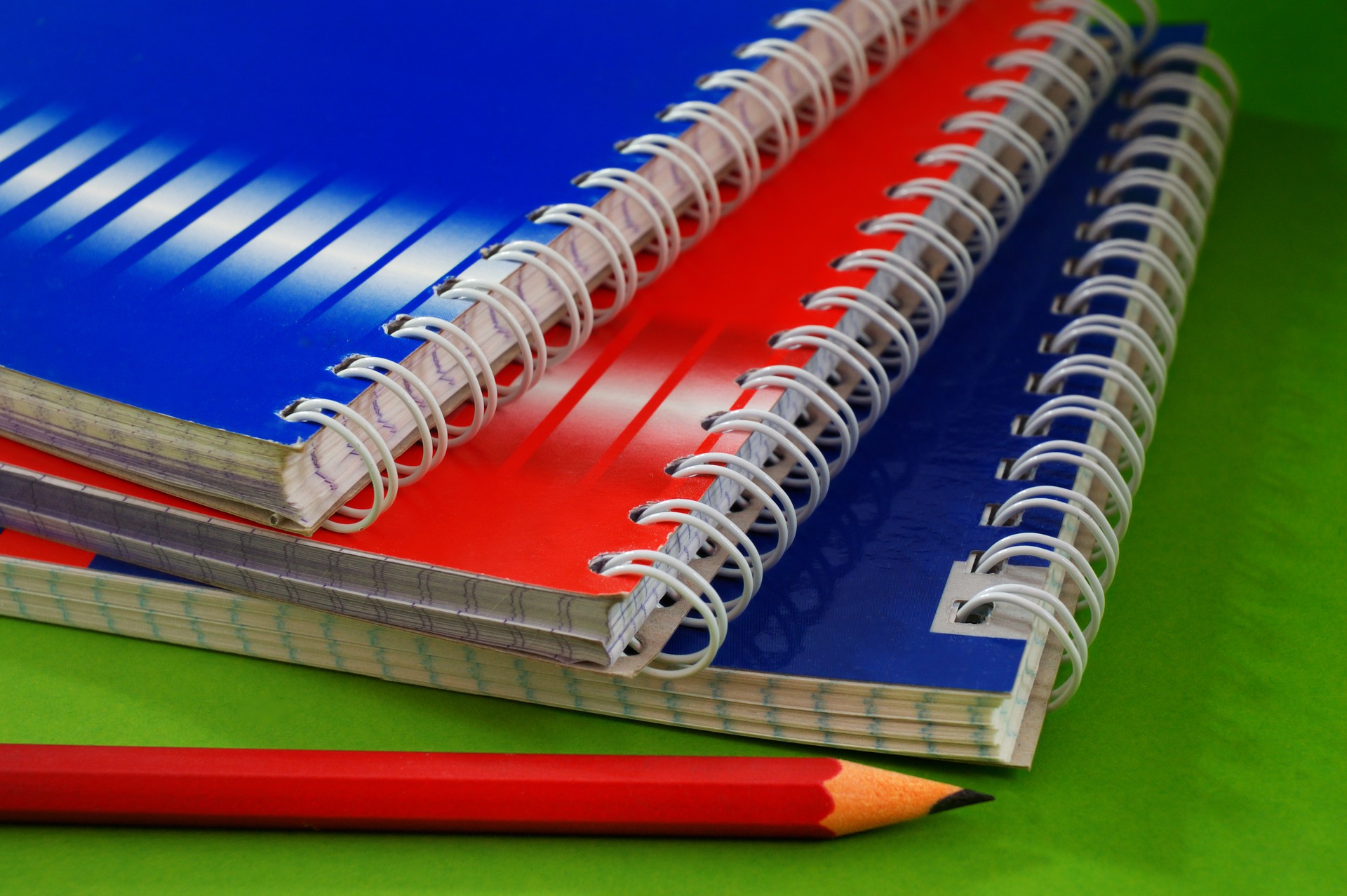
For my mother, it was a great relief, having that extra help. They supported me and my siblings throughout our education; even provided us with any stationery, school equipment and books we needed. For a child, that’s such a big thing! They helped us with our groceries and the utility bills, which was a life line, especially in the winter when the gas bill is higher than usual. They helped us visit my father in prison, before he was deported. At the time, the prison he was held at was a one-hour drive from us. Alhamdulillah, the brothers from HHUGS used to drive us, until my older brother got his driving license. And even with that, it was HHUGS that helped him get his lessons until he passed the test. That made a huge difference, because then we could visit my dad every week and also my brother drove us to do the grocery shopping.
I can’t deny that without the help of Allah (swt) and HHUGS, we would be struggling with the basics, like getting food and paying for the bills.
But the financial aid wasn’t all they provided. If we needed someone to speak to, or with something else like writing a letter to the local council, they were there for us. We are really grateful for all the help they have given us.
